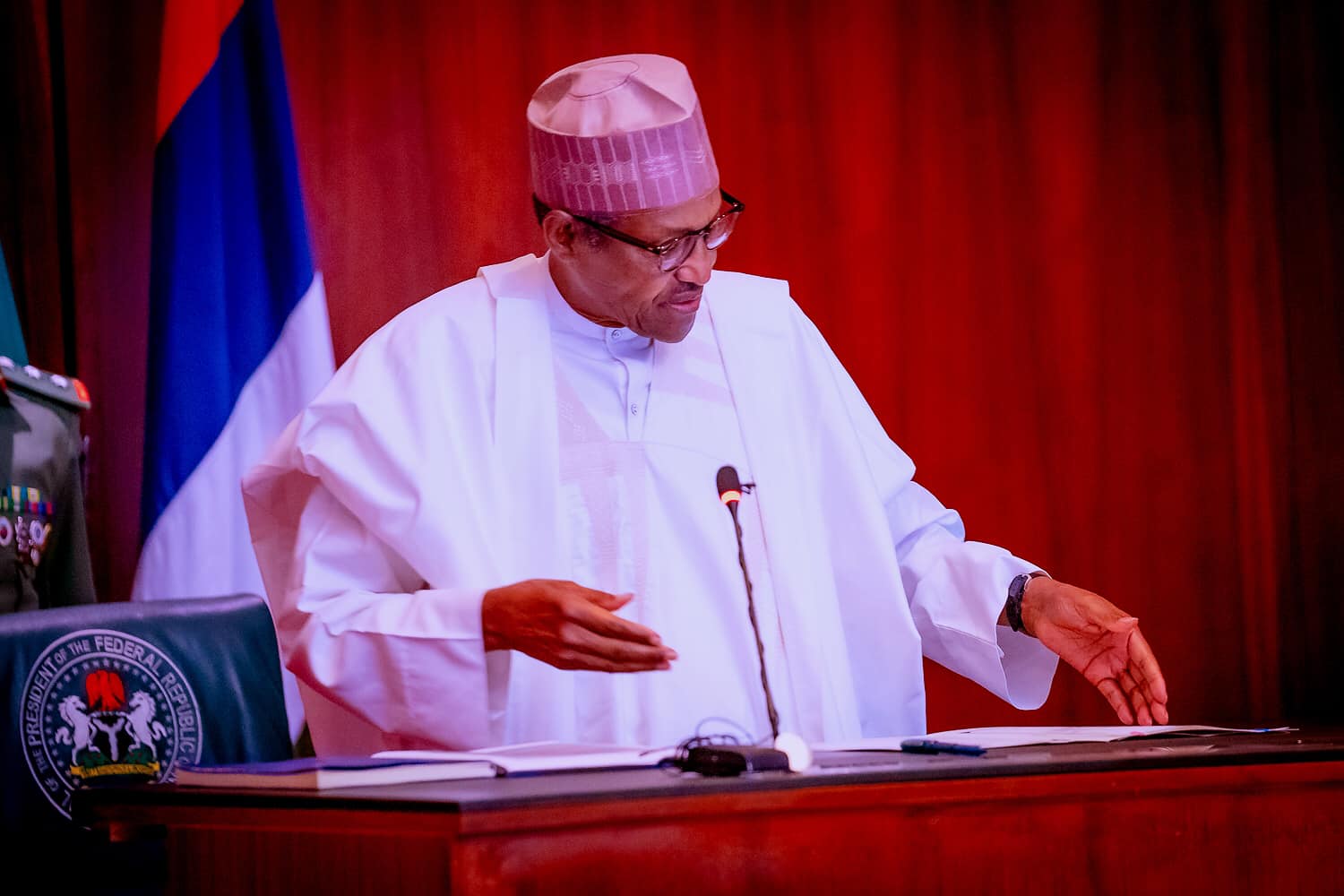President Muhammadu Buhari has renewed Nigeria’s commitment for a safer and healthier global climate with the inclusion of elimination of kerosene lighting by 2030, increase in use of buses for public transport and reduction in burning of crop residues in the country’s updated Nationally Determined Contribution (NDC).
The president spoke on Friday in a virtual meeting hosted by President Joe Biden of the United States, on Major Economies Forum on Energy and Climate Change (MEF).
Supreme Court okays use of hijab in Lagos schools
Setback for Mambilla hydropower project as surveyors leave site
The Federal Government of Nigeria, in collaboration with stakeholders in the petroleum industry, had in December 2012 commenced drafting of a new policy to phase out kerosene and firewood usage and replace them with Liquefied Petroleum Gas (LPG), otherwise known as cooking gas.
The proposed policy, tagged National Strategic Policy for LPG, had a five-year timeline to tactically phase out kerosene usage in the country.
President Buhari said an updated NDC to the UN Framework Convention on Climate Change had been submitted to replace the interim contribution of May 27, 2021.
The president, who said Nigeria was developing national frameworks for article 6 and for carbon pricing, told the world leaders that Nigeria also joined the Global Methane Alliance in 2019 with commitment to methane reduction targets of at least 45 per cent by 2025 and a 60 to 75 per cent reduction by 2030.
Buhari said implementation of the measures could reduce exposure to air pollution across Nigeria by 22 per cent in 2030, while reducing Nigeria’s contribution to climate change.
“Nigeria is aware that its heavy dependence on fossil fuel makes the country vulnerable in a world that has a target to reduce or even eliminate fossil fuel as a key driver of the global economy,” he added in a statement issued on Friday by his spokesman, Garba Shehu.




